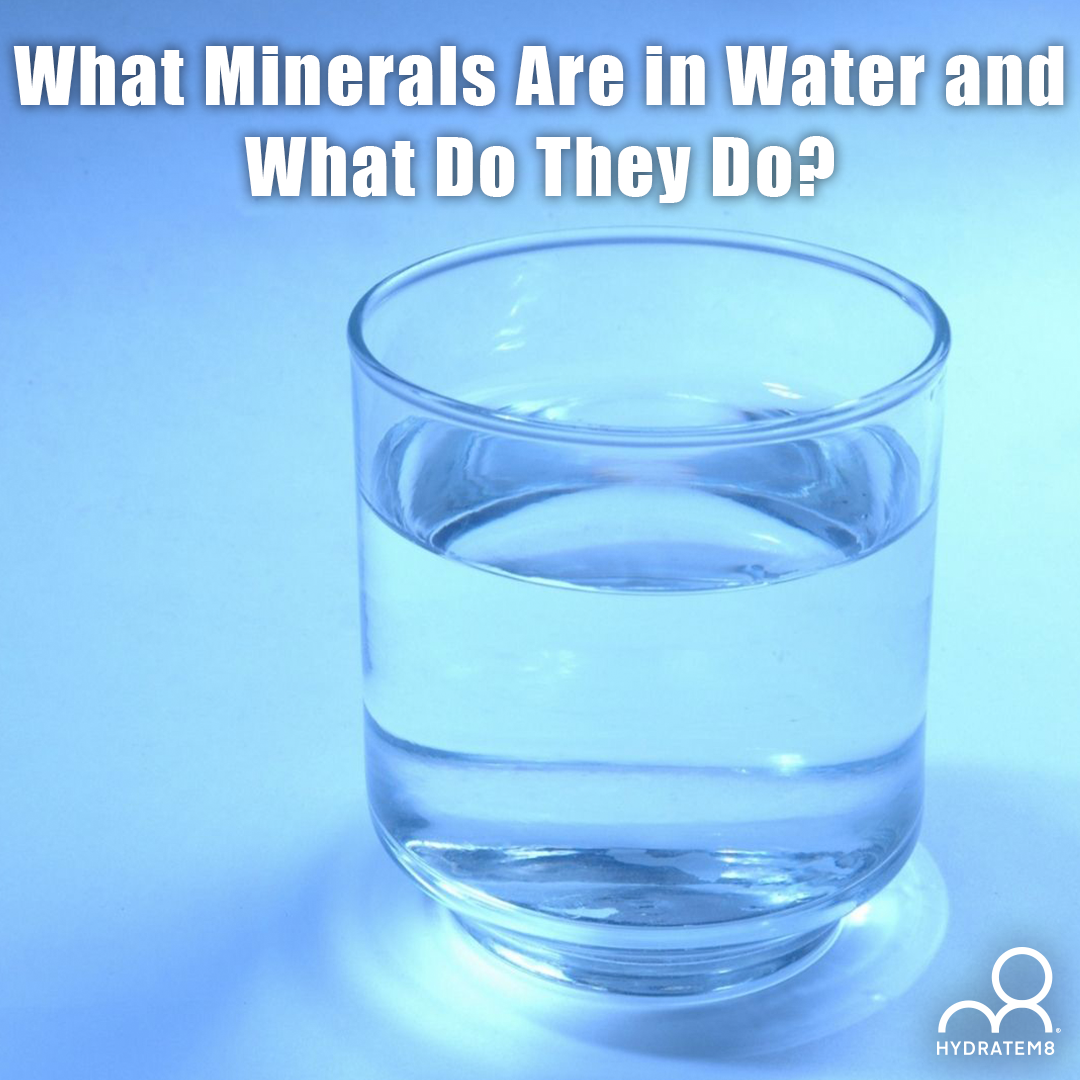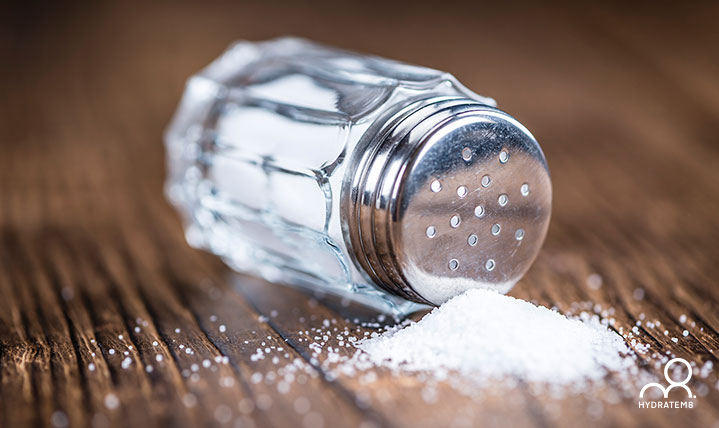Drinking water contains some important minerals that your body needs to function. If you have a look on the side of bottled water, for example, you’ll often see them listed and how much there is in the bottle. However, these minerals are found naturally in all sources of water.
What’s the difference between hard and soft water?
Because water naturally contains minerals like calcium, potassium and magnesium, the amount it contains determines whether the water will be hard or soft. For example, if water has lots of calcium and magnesium, then it is called hard and this is when you’re likely to get white deposits in appliances like kettles and irons.
If the water has low levels of these minerals then it is known as soft water and is less likely to leave deposits in your kitchen appliances.
What is calcium and why do we need it?
Calcium is a naturally occurring mineral which is needed for many important physiological processes. Importantly, it is also required for strong and healthy teeth and bones.
Because the human body is unable to produce its calcium, we must take it in through our diet. If we do not get the calcium we need, then it can cause weak bones which are easier to break.
Water isn’t the only source of calcium, though. Other good sources include:
· Milk and dairy products
· Green vegetables
· Fortified cereals
· Juices
· Fortified milk alternatives like soy
· Fortified bread
What is magnesium and why do we need it?
Magnesium is vital for many processes within the human body like regulating muscle and nerve function, controlling blood sugar levels as well as blood pressure. It is also important for the production of bone and DNA.
Magnesium occurs naturally in water as well as whole-grain foods, nuts, fish, and green leafy vegetables.
What is potassium and why do we need it?
Potassium is a mineral naturally found in many of the foods we eat as well as in the water we drink. Potassium is also an electrolyte which helps to conduct electrical impulses around the body.
Potassium is also needed for a variety of other functions, too, such as:
· Regulating blood pressure
· Muscle contraction
· Digestion
· Normal water balance
· pH balance
Potassium is found in fruit, vegetables, whole grains, lean meat, nuts, and beans. It also naturally occurs in water which also helps to keep our electrolytes balanced.
What is sodium and why do we need it?
Most water supplies have a small amount of naturally occurring sodium. Sodium is an electrolyte which is involved in water balance as well as muscle and nerve function. However, there is a strong association between high levels of sodium in the diet and an increased risk of cardiovascular disease. Therefore, it should be consumed in moderation but it is an essential part of our diet.
Water is an essential part of our diet because it keeps us hydrated, helps to balance our electrolyte levels, and keeps our body functioning efficiently. It contains many naturally occurring minerals which help to keep our muscles and nerves working, regulates our blood pressure and pH to name a few.
Sources
British Nutrition Foundation. (2018). Liquids. Available at: https://www.nutrition.org.uk/nutritionscience/nutrients-food-and-ingredients/liquids.html?start=2
Centers for Disease Control and Prevention. (2018). The Role of Potassium and Sodium in Your Diet. Available at: https://www.cdc.gov/salt/potassium.htm
Harvard Health Publishing Harvard Medical School. (2020). What You Should Know About Magnesium. Available at: https://www.health.harvard.edu/staying-healthy/what-you-should-know-about-magnesium2
National Institutes of Health. (2020). Magnesium. Available at: https://ods.od.nih.gov/factsheets/Magnesium-Consumer/
National Osteoporosis Foundation. (2020). Calcium and Vitamin D. https://www.nof.org/patients/treatment/calciumvitamin-d/
World Health Organisation. (1996). Sodium in Drinking Water. Available at: https://www.who.int/water_sanitation_health/dwq/chemicals/sodium.pdf



